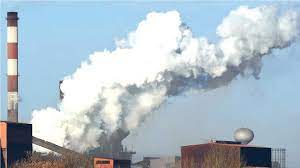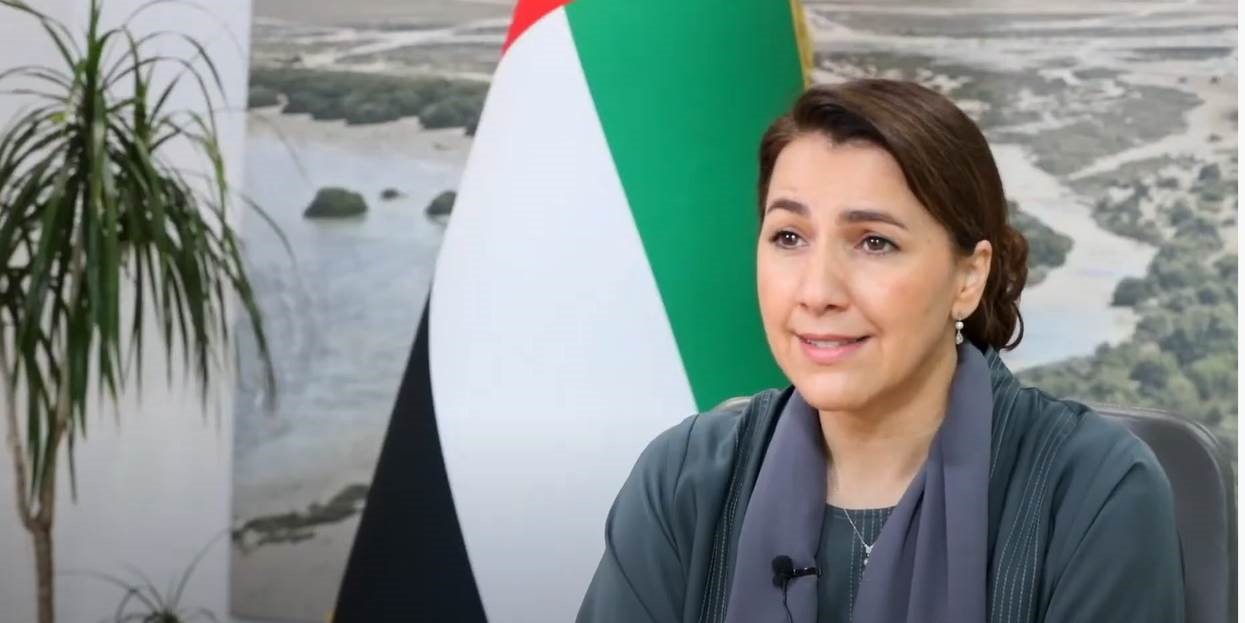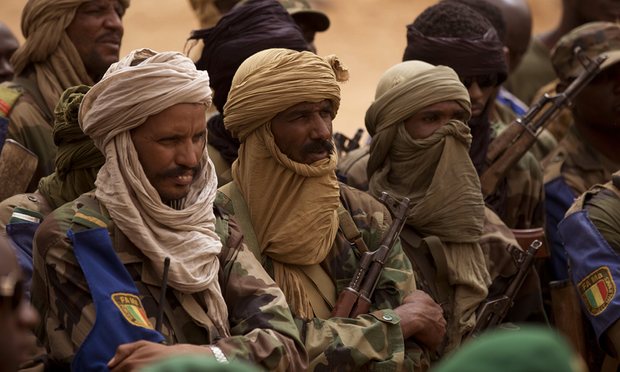With the UN Climate Change Conference, known as COP27, starting in Sharm el-Sheikh, Egypt, next week, a recent study has found that air pollution in African cities is growing rapidly and is more deadly than feared, but green solutions could save tens of thousands of lives.
Urban pollution has been largely neglected in Africa, according to the study titled “It’s a Silent Killer.“ “Air pollution (in African cities) is high and rising, it’s rising quite rapidly,” said Desmond Appiah, the director of the Clean Air Fund, the British NGO that published the study. Its authors looked at the situation in four rapidly growing cities on the African continent — Ghana’s capital, Accra, Cairo, Johannesburg and Lagos — to assess the health, environmental and economic costs of pollution. The study compares the results between a business-as-usual trajectory to 2040 and a green scenario in which cities take measures to improve air quality, such as upgrading public transport and introducing cleaner cookers.
It argues that adopting a green approach could save 125,000 lives and $20 billion in costs and also reduce emissions in these cities by about 20% by 2040. Also a Boston-based research group, the Health Effects Institute (HEI), warned last Thursday that the human cost of air pollution in Africa is among the highest on the planet. In sub-Saharan Africa, the death rate from air pollution is 155 deaths per 100,000 people, nearly double the global average of 85.6 deaths per 100,000 people, HEI said in a report.
Meanwhile, in the run-up to COP27 in Egypt, climate change activists are pushing major emitters in developed countries to make bigger commitments at the conference. As “75% of all greenhouse gas emissions are from the G20, the biggest twenty economies … they need to do more,” UN Environment Executive Director Inger Andersen says. “And that is the conversation we need to have at the COP in Sharm el-Sheikh, Africa’s COP as we call it. They need to lean in, both with money but also with their own emissions reduction.”



